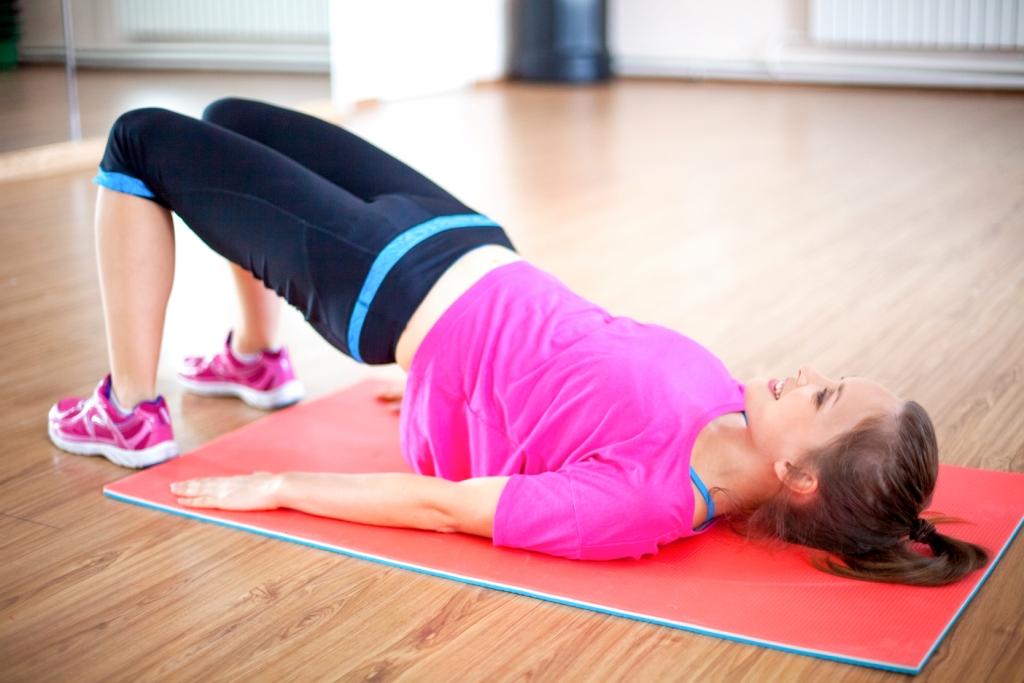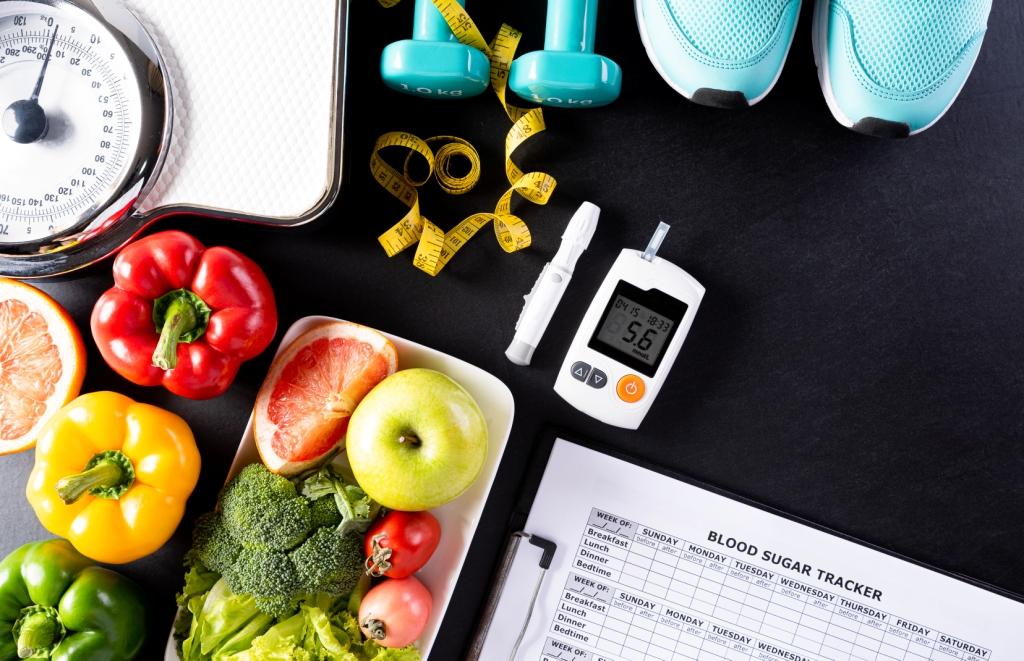They say working out first thing in the morning is a great habit. Not only because of its health benefits but because it gets the blood circulating, and the body moving and you get your workout out of the way first thing in the day.
But does that mean you need to work out on an empty stomach? And if you do it, is working out on an empty stomach good or bad?
Turns out, it is neither good nor bad – it’s all relative. Let’s look at the positives first. With no calories to depend on, your body starts burning through your fat reserves and gets its energy from there. The science behind that is simple – and let us get to the bottom of it.

Working out on an empty stomach means working out in a fasted state. This means that when you start working out, your body tries to tap into the carbs stored as glycogen in your body. And once that runs out, it taps into the next best energy source: your fat reserves.
This stands true for light to moderate exercise. However, if you are doing high-intensity workouts, working out on an empty stomach might just be counterproductive, because your body can’t burn through your fat reserves that quickly, which might affect your performance in your workout if you don’t carb up beforehand.
And now, the negatives – because it doesn’t come without its risks, either. For starters, you might have less stamina as you burn through your reserve energy levels faster. If your blood sugar levels drop, you might feel dizzy, shaky or even nauseous. And if you haven’t had enough water, dehydration is a real worry too.
The biggest worry, however, is that you might burn into your protein sources – which may affect your gains, especially if you’re working towards building some muscle.
So, is working out on an empty stomach good or bad? Well, as is the case with most things fitness, it depends on the individual. If your goal is weight loss and you are starting off your mornings with light to moderate exercises, you should be fine – provided you exercise caution and watch out for the signs of dizziness and nausea.
The bottom line is, that every individual is different, and therefore, our bodies too react differently when we’re in a fed vs fasted state. The best way to find out what works for you is simple: try out both options, measure your performance, and see what works for you. If you perform better in a fasted state, continue doing that, but if you feel your performance gets affected, then eat a well-balanced meal 1-2 hours before your workout.
No matter which route you pick, make sure you’re well hydrated – so drink a lot of water, electrolytes and juices.
Remember, the goal of any workout should not be immediate results, but to try and sustain it as a part of your lifestyle for years to come. Most of my clients at MSF are encouraged to do that – make lifestyle changes that will set them up for life. If you need some direction as well, consider seeking help from a fitness coach, who will offer guidance to help you with nutrition and workout-related advice in your daily life!

Shared By: Miten Kakaiya,
Fitness Coach and Founder of Miten Says Fitness






